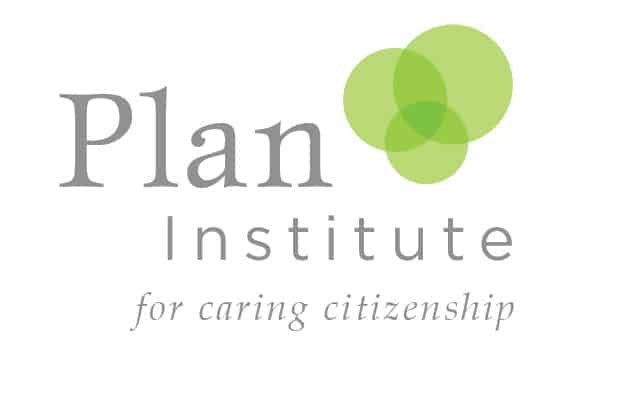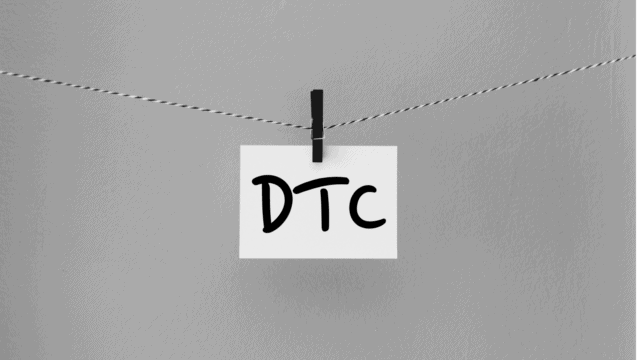Updated by Disability Alliance BC
The Disability Tax Credit, otherwise known as the DTC or the T2201 form from the Canada Revenue Agency, is a complicated tax credit that has led to many misunderstandings around its benefits and eligibility. If you find the DTC hard to understand, you’re not alone: we get hundreds of questions about the tax credit each week. What follows are the five most common misunderstandings that we hear:
1. Canada Revenue Agency denied my application so I am not eligible for the disability tax credit
Not necessarily. CRA denies people’s DTCs applications for many reasons; it’s not always because the person is not eligible. If you received a denial letter, there are three options:
- Send the CRA additional medical information and request a second review.
- File a formal appeal with the Chief of Appeals
- File an Appeal to the Court
2. The Disability Tax Credit is not worth applying for because I don’t have any taxable income
This might be true in some instances, but for many people the DTC is valuable even without earning taxable income. This is because the Disability Tax Credit can often be transferred to an eligible person who has taxable income and provides regular and consistent support for food, shelter or clothing. The DTC can also help people access other important benefits. These benefits include being able to open a Registered Disability Savings Plan (RDSP) before the end of the year you turn 59; receiving the Canada Child Disability Benefit (money for families caring for children with disabilities); and the Canada Workers Benefit (tax relief for lower-income workers).
3. A person on provincial disability benefits qualifies for the Disability Tax Credit
Not automatically. Being on provincial disability benefits (like BC Persons with Disabilities Benefits or Ontario Disability Support Program) is a strong indicator that you are eligible to receive the DTC, but they are separate application processes with their own eligibility criteria.
4. A person with Down syndrome, autism, cerebral palsy, multiple sclerosis or other disabling conditions (i.e. a disability) will qualify automatically for the Disability Tax Credit
Not necessarily. Eligibility for the Disability Tax Credit is determined based on how the condition affects a person’s ability to carry out those tasks necessary for day to day life, not the diagnosis itself. On the DTC form there are 10 different categories of restrictions that a person may qualify under based on how the person’s life is impacted by their disability.
5. The Disability Tax Credit is only for people with physical disabilities and people unable to work due to their disability.
This is not true. The Disability Tax Credit is for anybody who has a severe and prolonged restriction under one of the categories of the DTC application form. As we mentioned above, eligibility is dependent on how the disability impacts somebody’s life, not the diagnosis or one’s ability to work. While people with physical disabilities and people who are unable to work due to their disability may be eligible for the DTC, they would not be the only people who could be eligible. We have seen DTC approvals for people who can work full-time, have mental health challenges, have multiple diagnoses, and who are any age.
Access RDSP offers free support to help Canadians across the country learn about and apply for the Disability Tax Credit, as well as disability planning support on a variety of other topics. If you think you or somebody you know might be eligible for the Disability Tax Credit and would like more information, please feel free to contact our toll-free Disability Planning Helpline at 1-844-311-7526 or email info@rdsp.com.

